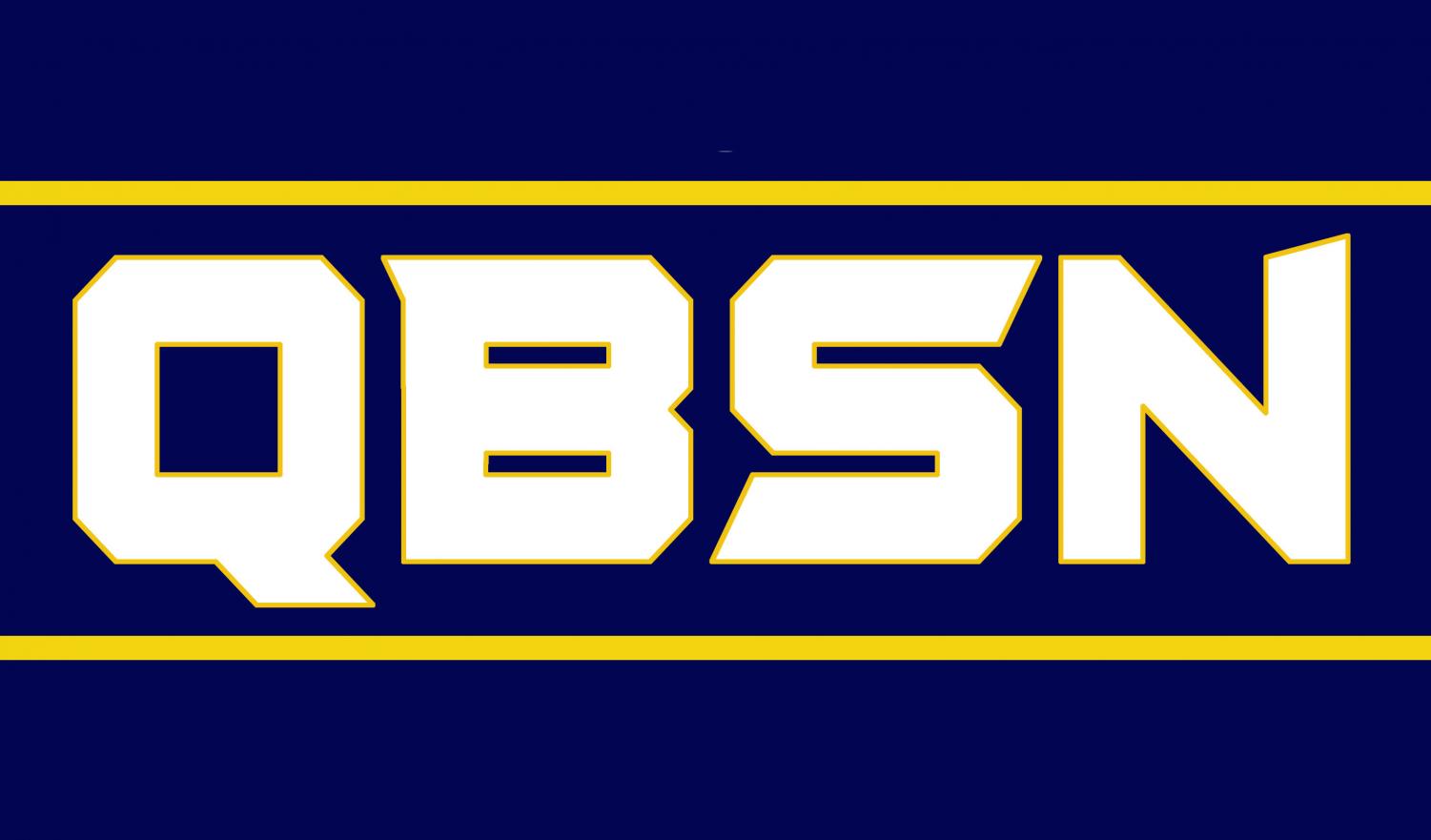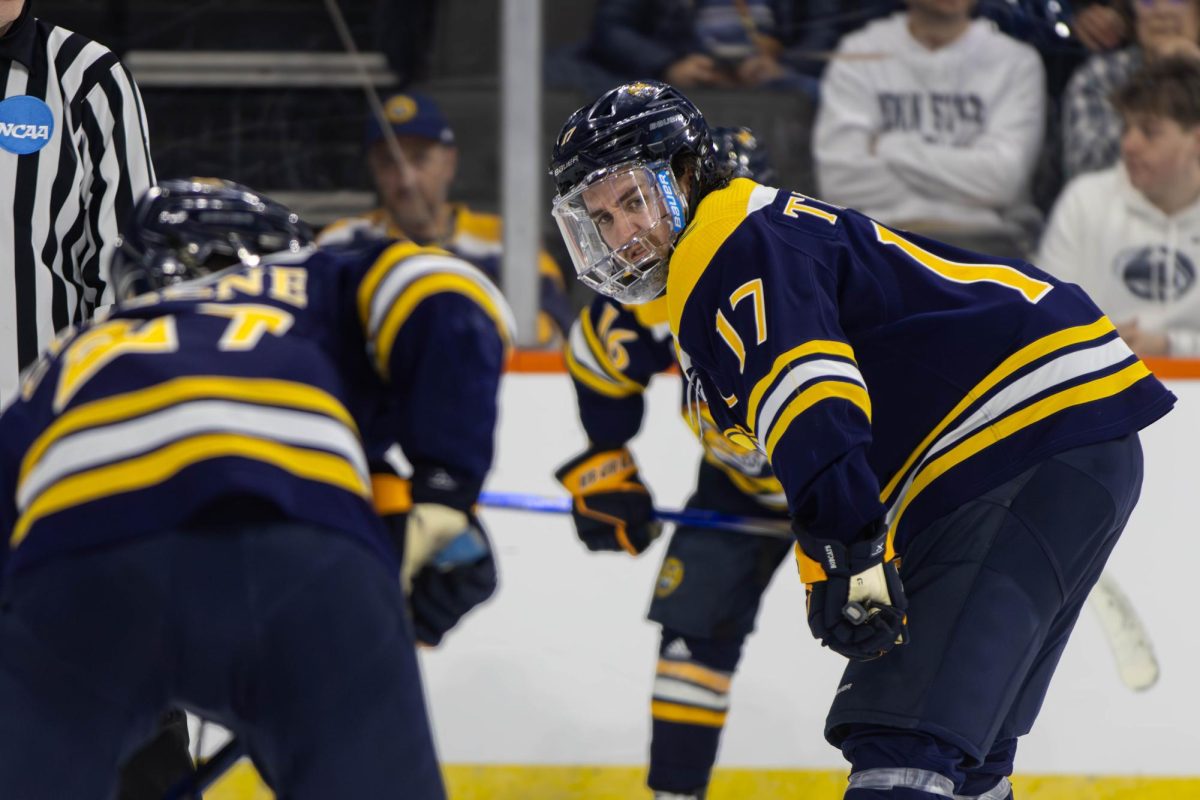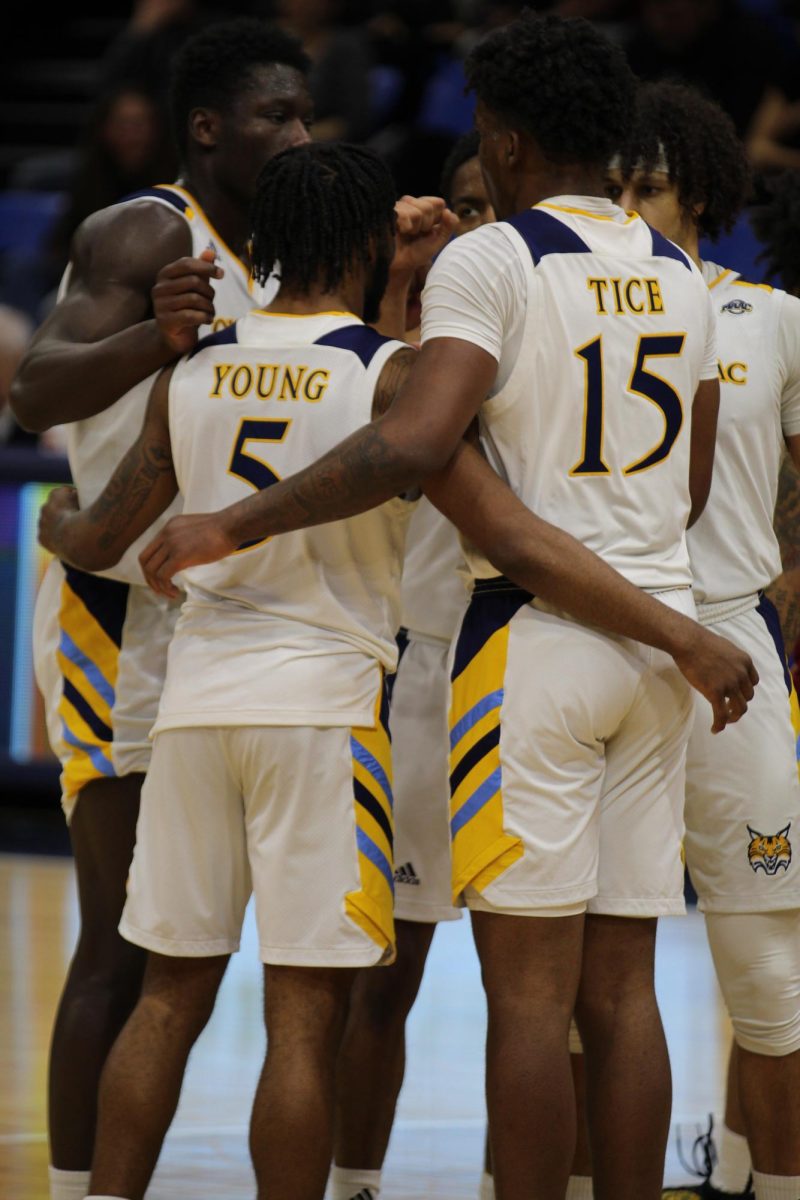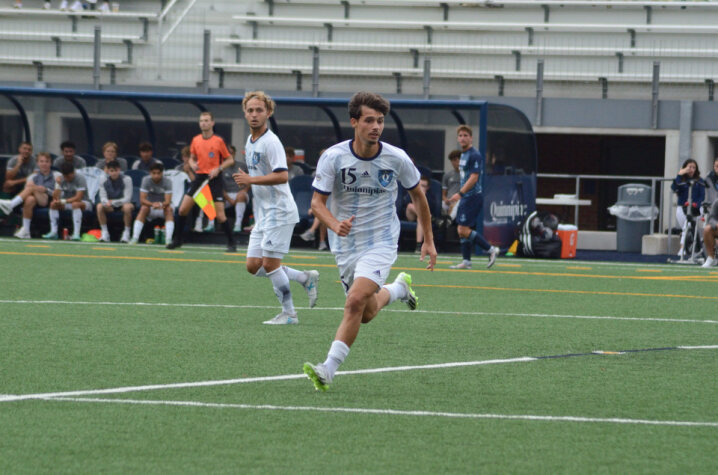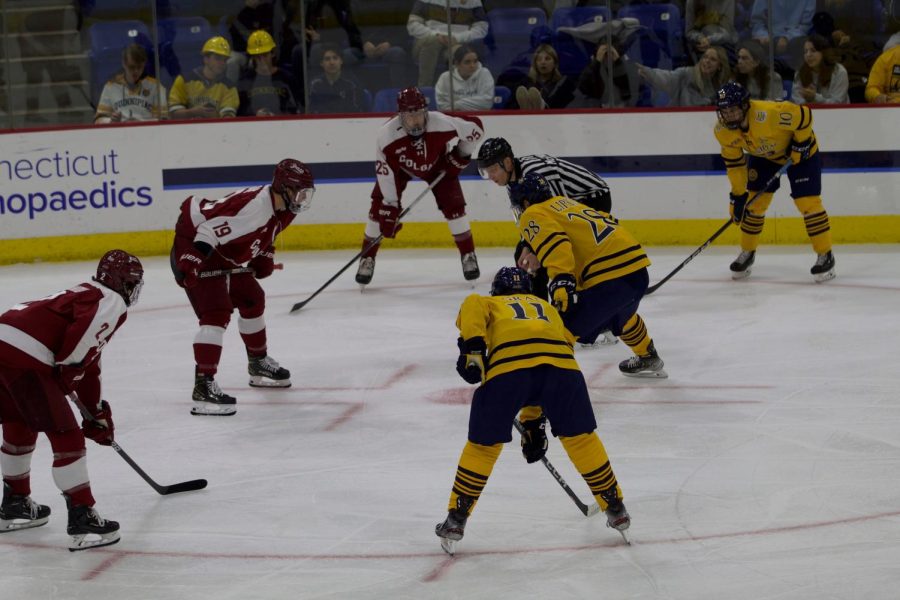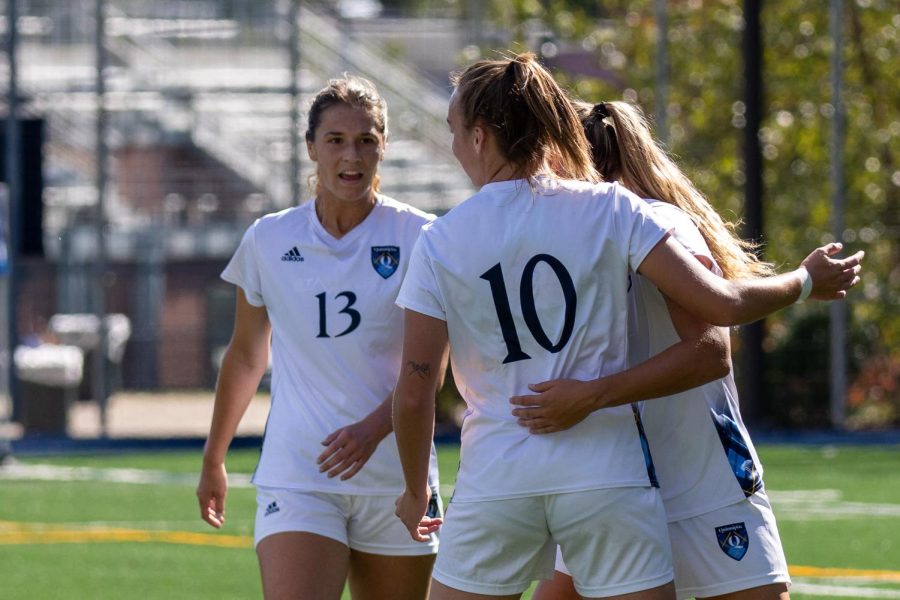Every coach has a decision to make when it comes to scheduling their team’s non-conference schedule, to play easier teams and start conference play with a good record or play a challenging schedule and start conference play with a poor record.
The choice isn’t easy for many coaches simply because society judges coaches based on wins and losses instead of progression and leadership, which is simply ridiculous. Every college coach deserves four years and a team full of their own recruits before being fired (but that’s a whole different opinion piece worth of discussion).
Many other factors also come into play with a coaches decision such as distance, budget and even weather. Yet the great thing for mid-major athletics is most of the time non-conference play means nothing because at-large bids are usually a long shot.
The Metro Atlantic Athletic Association (MAAC) is a mid-tier athletic conference in the grand scheme of NCAA athletics. Although the conference has not fared particularly well in NCAA tournaments in terms of wins, the MAAC champions have played well against some of the top schools in the country.
So what’s the secret to dethroning one of the country’s best teams in the NCAA tournament in any sport? My simple answer: play a tough non-conference schedule.
The biggest NCAA tournament upset in recent memory in any sport was in 2012, when the Southern Conference champion and 15th seed Florida Gulf Coast University basketball team upset the two seed Georgetown University in the first round. This shocked the nation and caused a media frenzy.
So how did Florida Gulf Coast shock the world? Well, look at its non-conference schedule. The basketball team played high major teams in conferences such as the Atlantic 10, Big East, and ACC including national powerhouse Duke.
They went 1-3 in those games, but it prepared them for their conference schedule and beyond. This is a very good example of perfect scheduling in my eyes for a mid-major school, like Quinnipiac. All Quinnipiac teams should be playing against top-tier talent in non-conference games.
Don’t get me wrong, there are teams that do, but there are certainly teams that do not.
Quinnipiac won three MAAC championships last year in the school’s inaugural season in the league. Field hockey, men’s soccer, and women’s tennis all advanced to the NCAA tournament in their respective sports. The field hockey team played three of the nation’s top 10 teams in non-conference last year before dropping only one of their six conference games in route to the school’s first MAAC championship in any sport. Men’s soccer played a top 30 team and three other top 90 teams before dropping only one of their 12 conference games on their way to a MAAC championship.
Then, the women’s tennis team played a strong non-conference schedule against the likes of Brown University, University of Connecticut, Boston University and Seton Hall before winning all nine of their MAAC matches before losing to national semifinalist Stanford University in the first round of the NCAA Tournament.
So, of the three Quinnipiac MAAC champions last year, all three followed the philosophy of playing tougher teams in non-conference play and it paid off. Other teams on campus are following that philosophy as women’s basketball scheduled one of the hardest out-of-conference schedules imaginable and women’s rugby is playing national Division II champion Norwich, and national Division I semifinalist West Chester once again.
This isn’t a Quinnipiac problem as much as it is a national problem, and it goes back to job security.
My challenge to Quinnipiac athletic teams and to all mid-tier athletic programs is: don’t be afraid to go to the Stanford and Florida’s of the world. While 95 percent of the time it may result in a loss, 100 percent of the time your team will be better off because of it.


